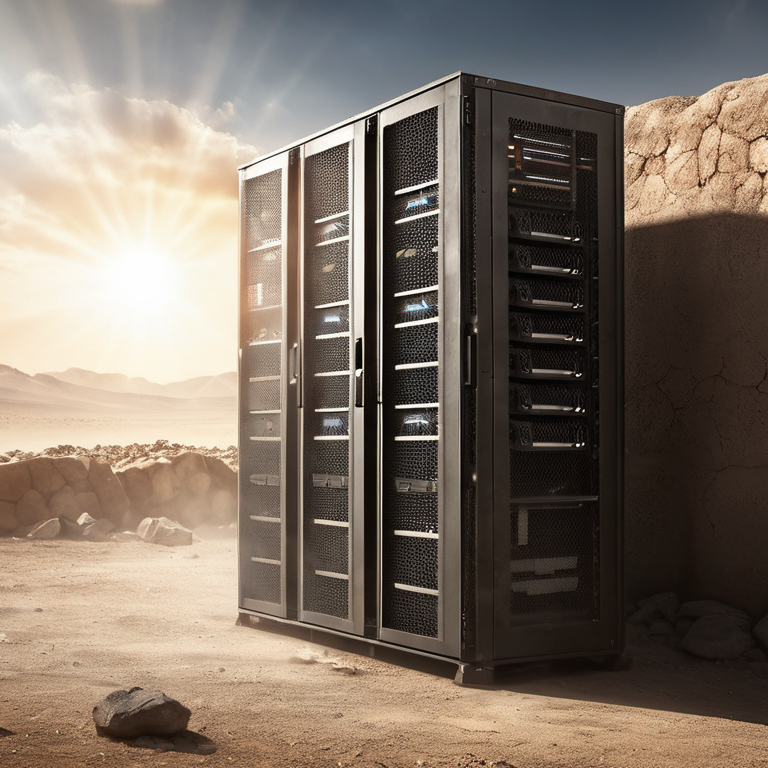
Your Router Matters. Why your business needs a proper security appliance.
In today’s increasingly digital landscape, networks are essential for businesses to function smoothly. A network consists of various components that work together to enable communication between devices and ensure data security. Among these components, the gateway, router, and firewall play critical roles.
The term “router” often refers to a single device that serves multiple purposes. Your home’s internet router is probably a modem (aka gateway), router, firewall, network switch, and wireless access point all in one. A router directs data packets between devices within a network and those outside the network, such as the internet. It can also manage the IP addresses assigned to devices within the network. The firewall portion acts as a gatekeeper, ensuring that only authorized traffic enters the network. The built in switch and wireless access point provide network access to client computers, such as your laptop and cell phone.
The router is indeed the heart of a network, as all traffic passing through it must be processed and routed to its destination. It serves as the backbone of any network, enabling communication between devices and ensuring data packets are delivered efficiently and securely. There are two primary types of routers: consumer-grade and enterprise-grade security appliances.
- Consumer-Grade Routers: These are typically found in residential networks and small businesses. They are designed for basic routing and wireless functionality, providing essential connectivity and limited security features. Common examples include home Wi-Fi routers from manufacturers like Linksys, Netgear, and D-Link. While they may offer basic firewall protection and wireless encryption (e.g., WEP, WPA/WPA2), their capabilities are generally more limited compared to enterprise-grade solutions. It is also worth noting that these vendors typically maintain access to the devices after they are installed, and can remotely snoop on their usage.
- Enterprise-Grade Security Appliances: These routers are designed for larger organizations, such as corporations and government agencies, where network security and performance are paramount. Enterprise-grade routers often come with advanced features like VPN support, intrusion detection and prevention systems (IDS/IPS), URL filtering, deep packet inspection, and sandboxing. Additionally, they usually provide higher levels of encryption, stronger authentication mechanisms, and better overall security. Some well-known vendors in this space include Cisco, Sonicwall, and Fortinet. Since these devices are designed with data security in mind, they typically do not send as much data back to the vendor.
Cisco Meraki devices implement a licensing model called “Co-Termination,” which means that if your annual license with Cisco expires, the company remotely disables your Meraki device. This approach stands in contrast to other vendors like Fortinet, which offer more flexible licensing options. Unlike Cisco, these alternative providers do not disable their customers’ hardware simply because they chose not to renew their annual subscription. This difference in licensing policy can significantly impact the relationship between vendor and customer, as some organizations may prefer the flexibility offered by vendors like Fortinet.
While consumer-grade routers are typically sufficient for basic residential and small business needs, enterprise-grade security appliances offer superior performance, security, and features for large organizations that require heightened network protection and management.